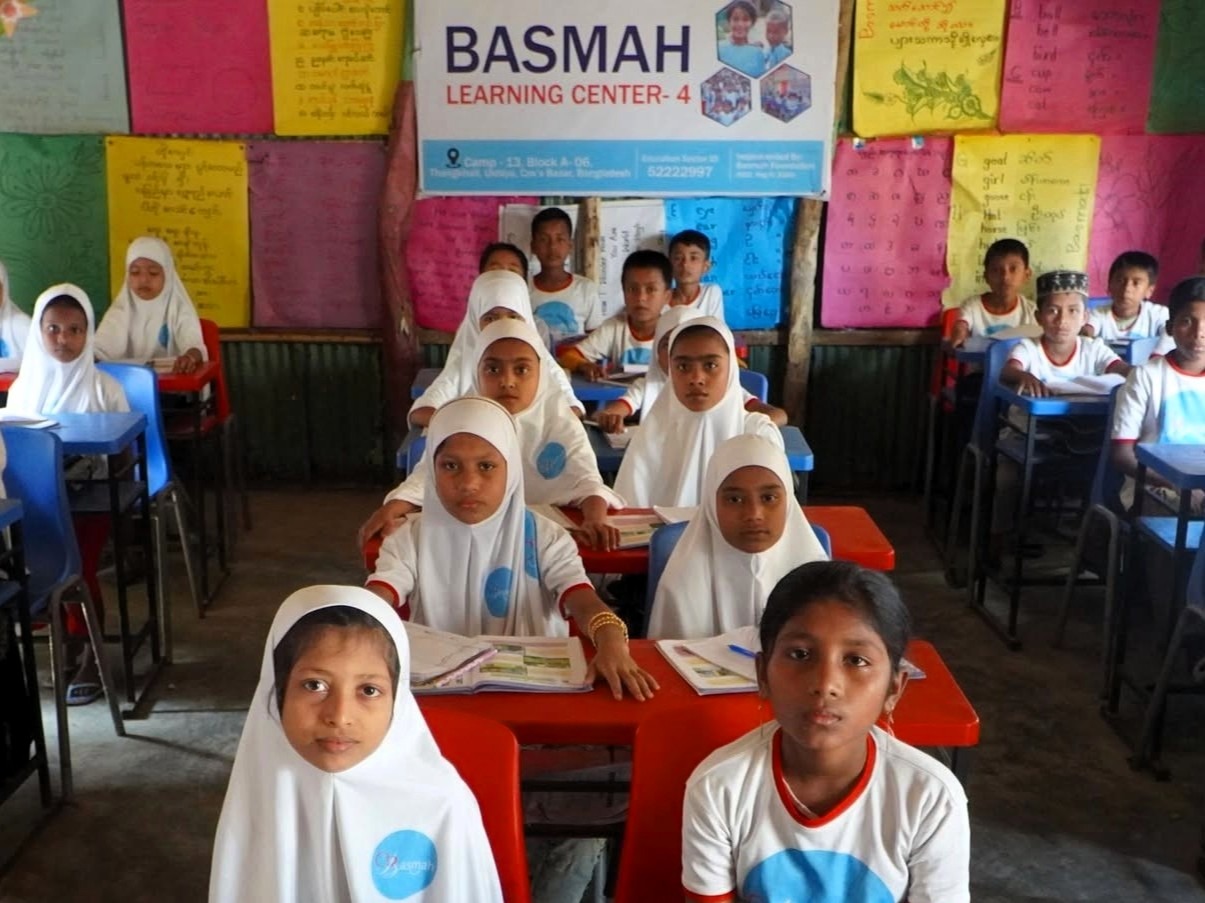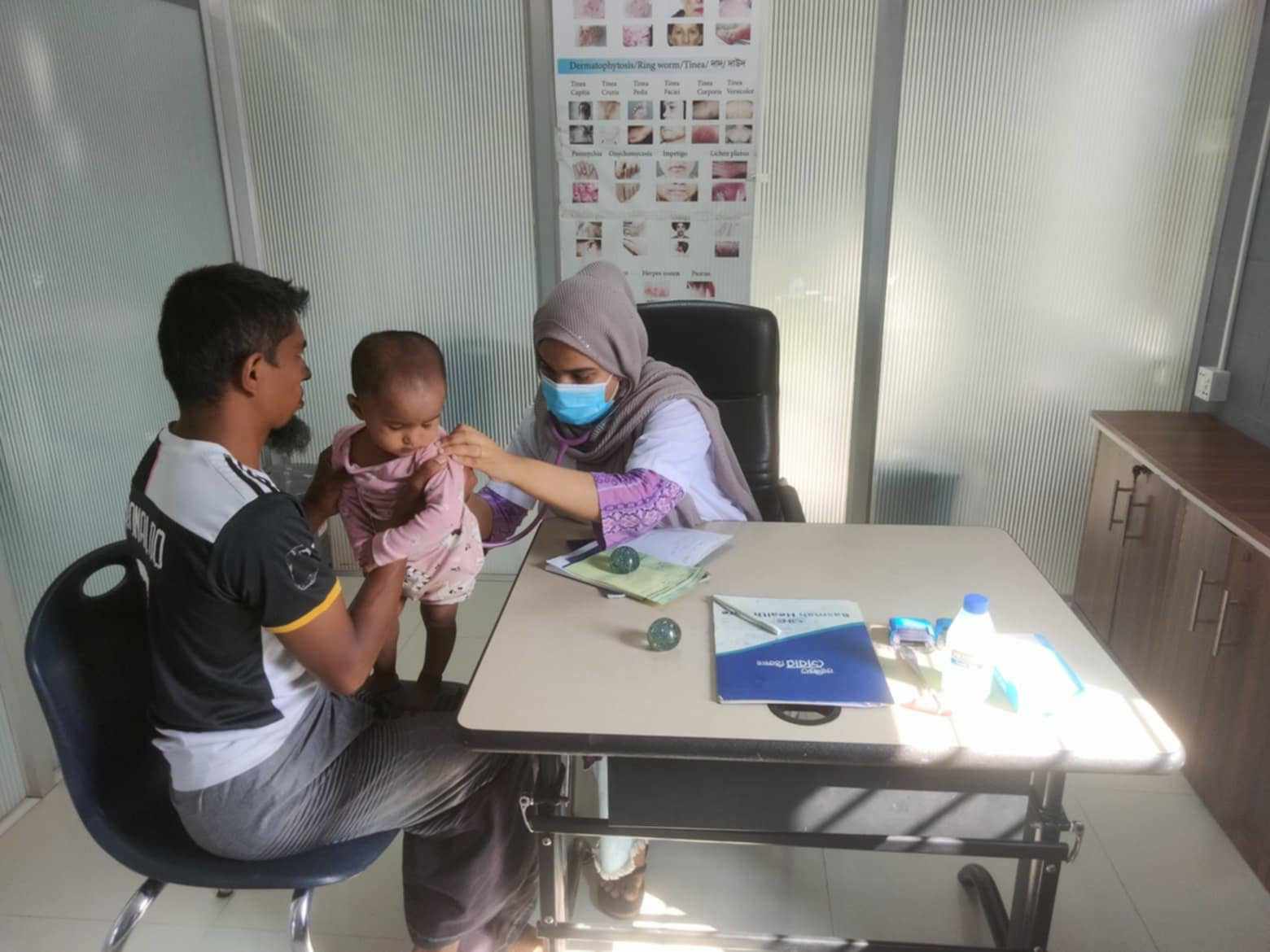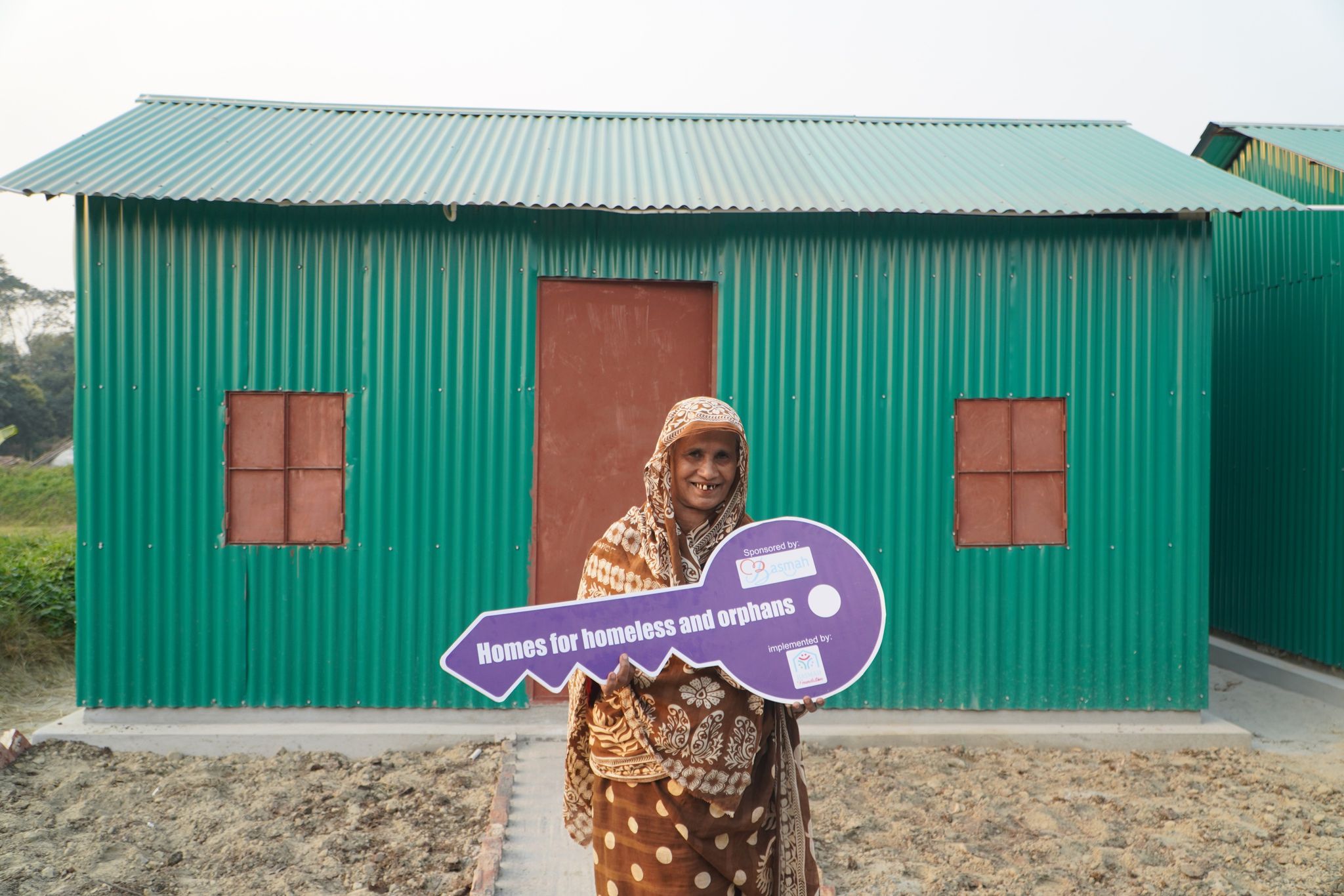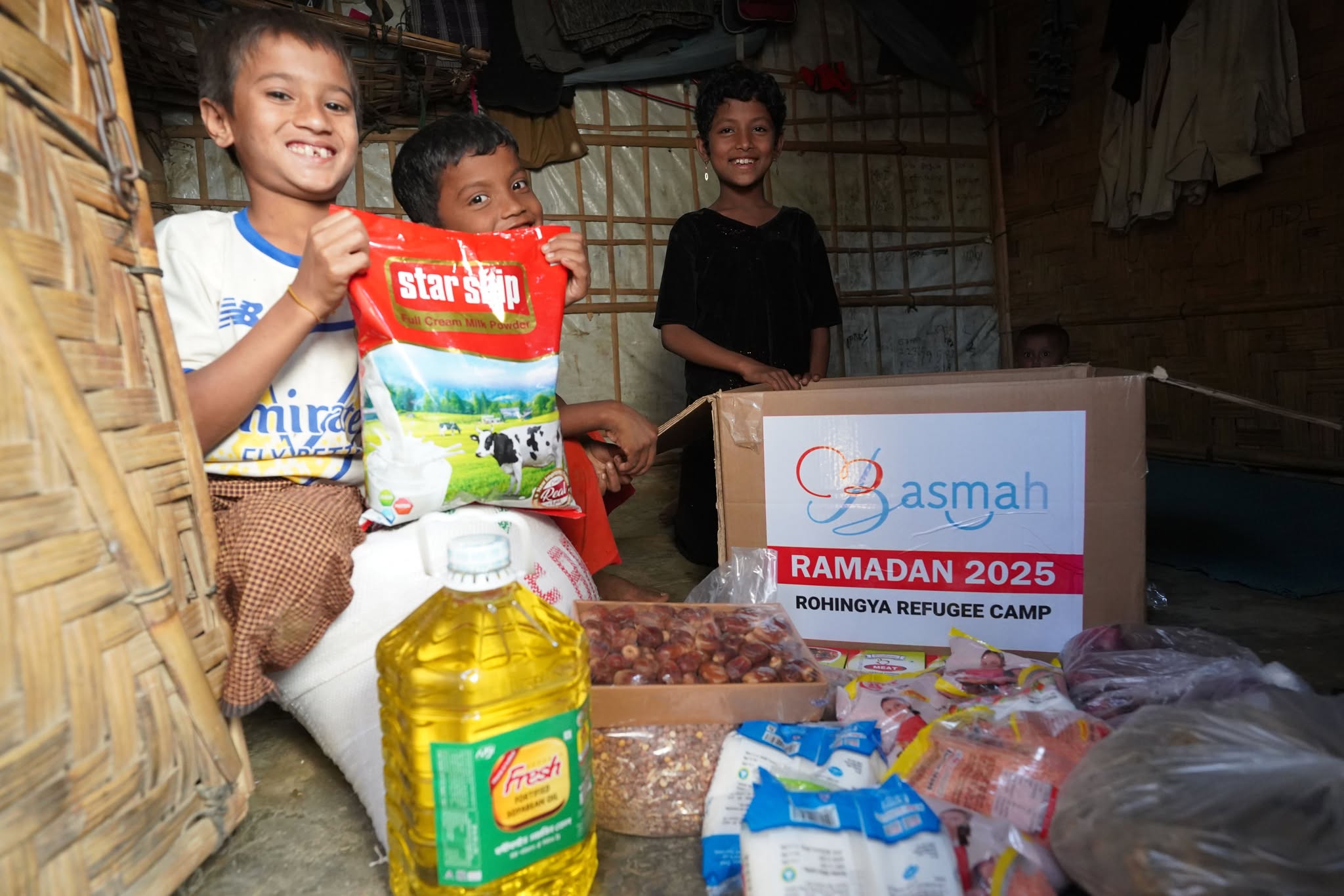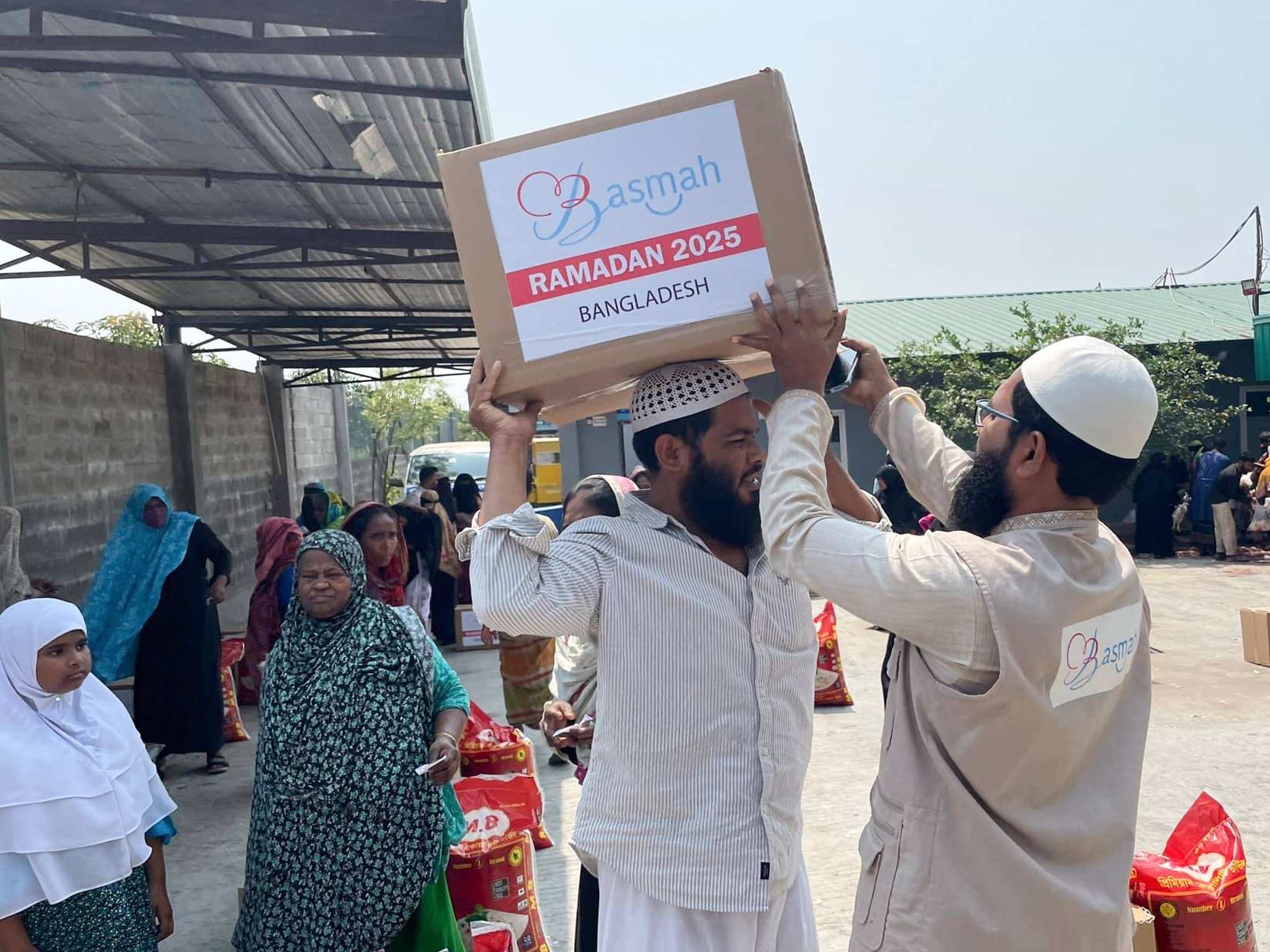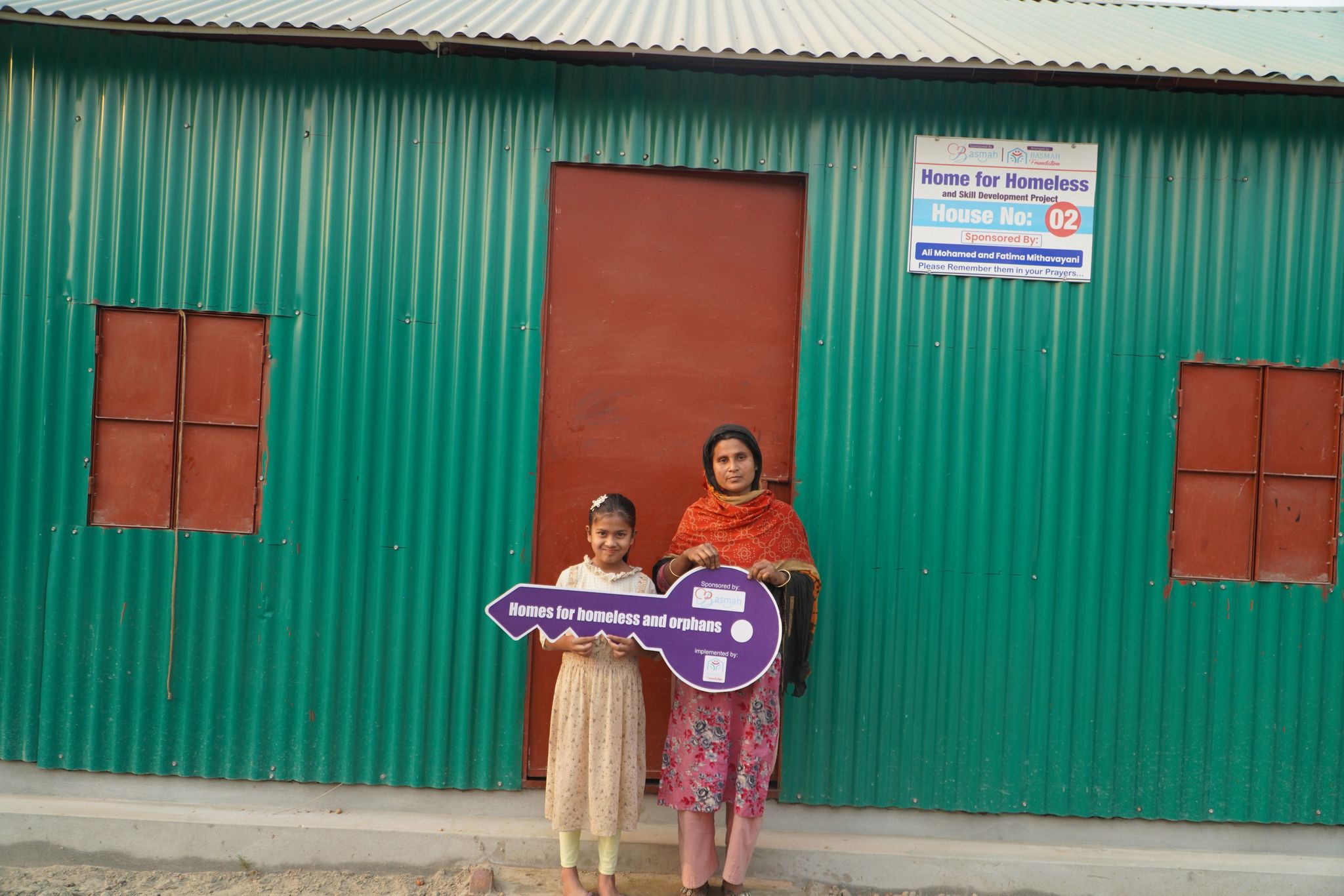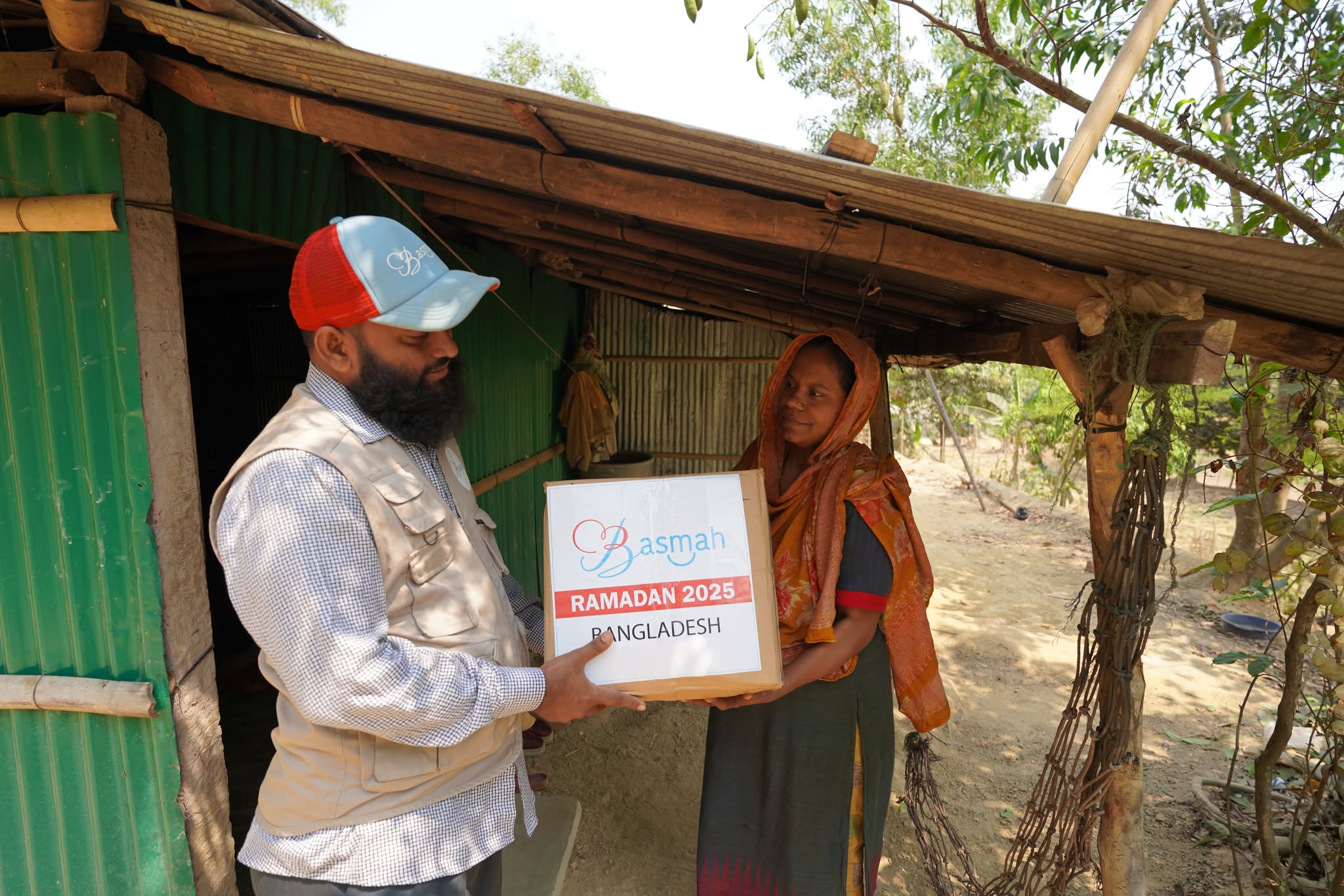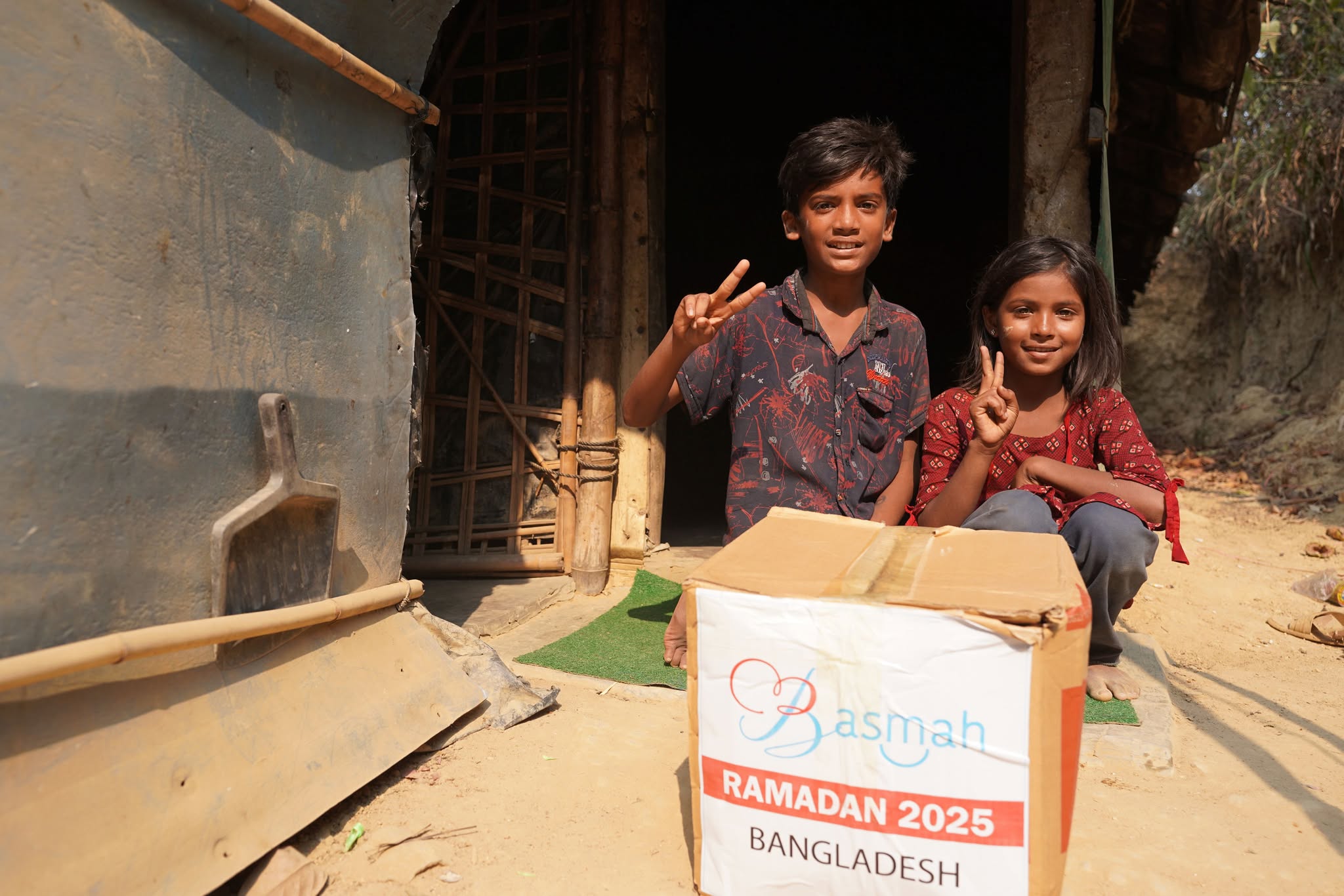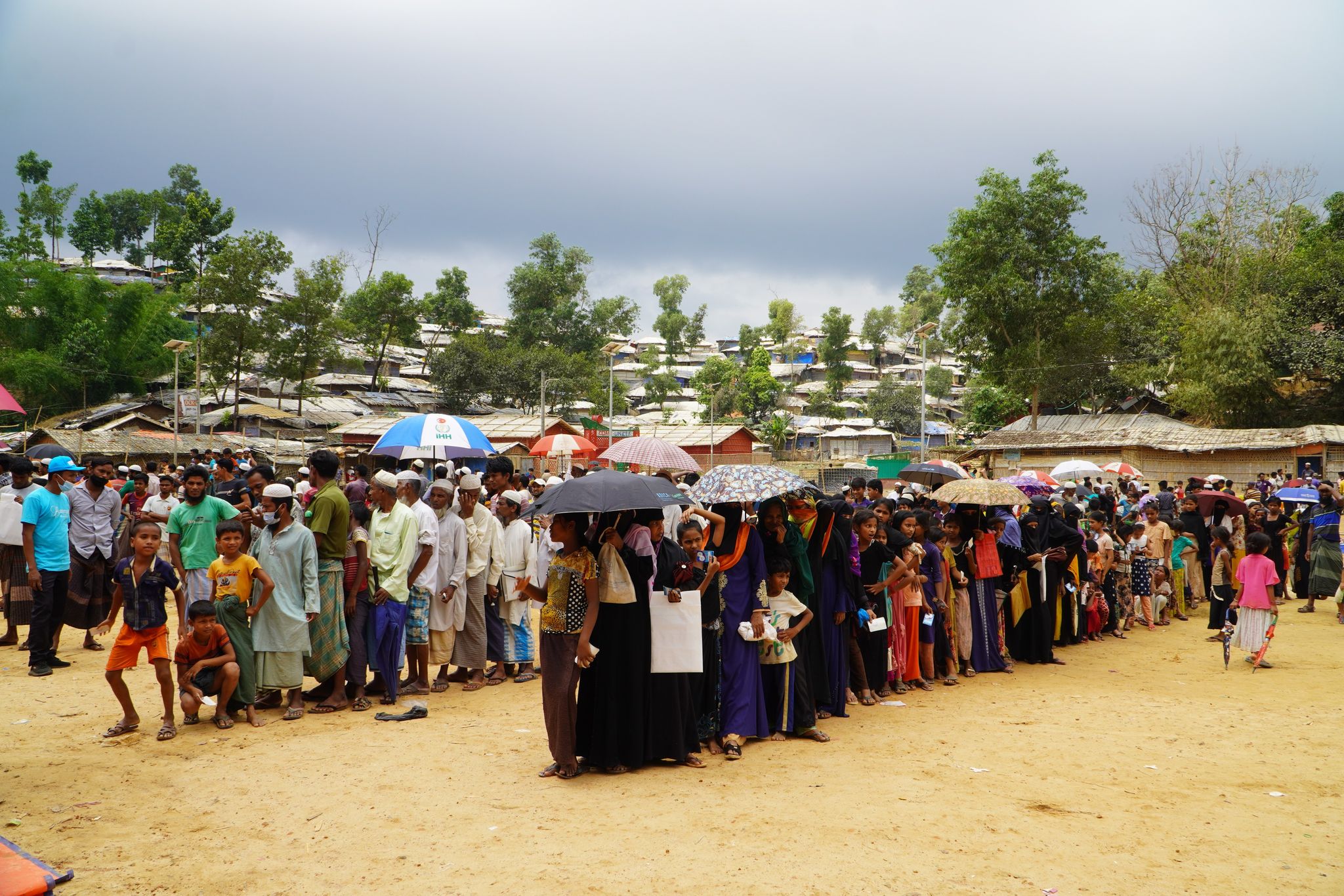Zakat or Sadaqah for the Needy
The Prophet PBUH said: “Give charity without delay, for it stands in the way of calamity.” – Al-Tirmidhi
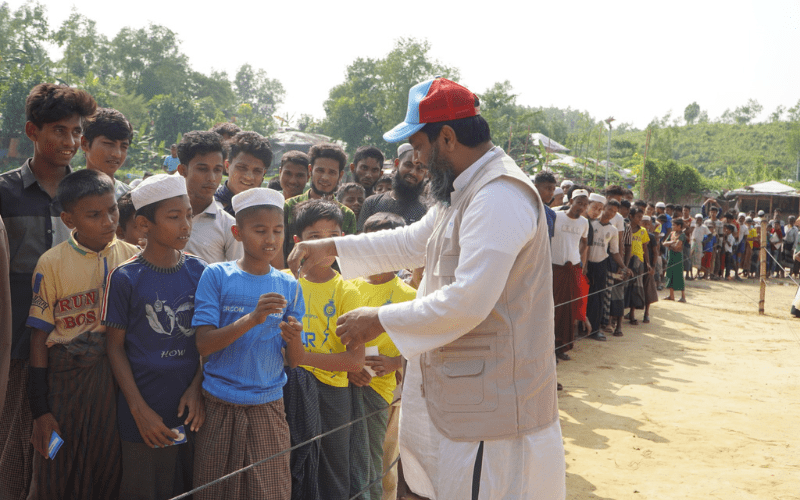
Ways to Donate
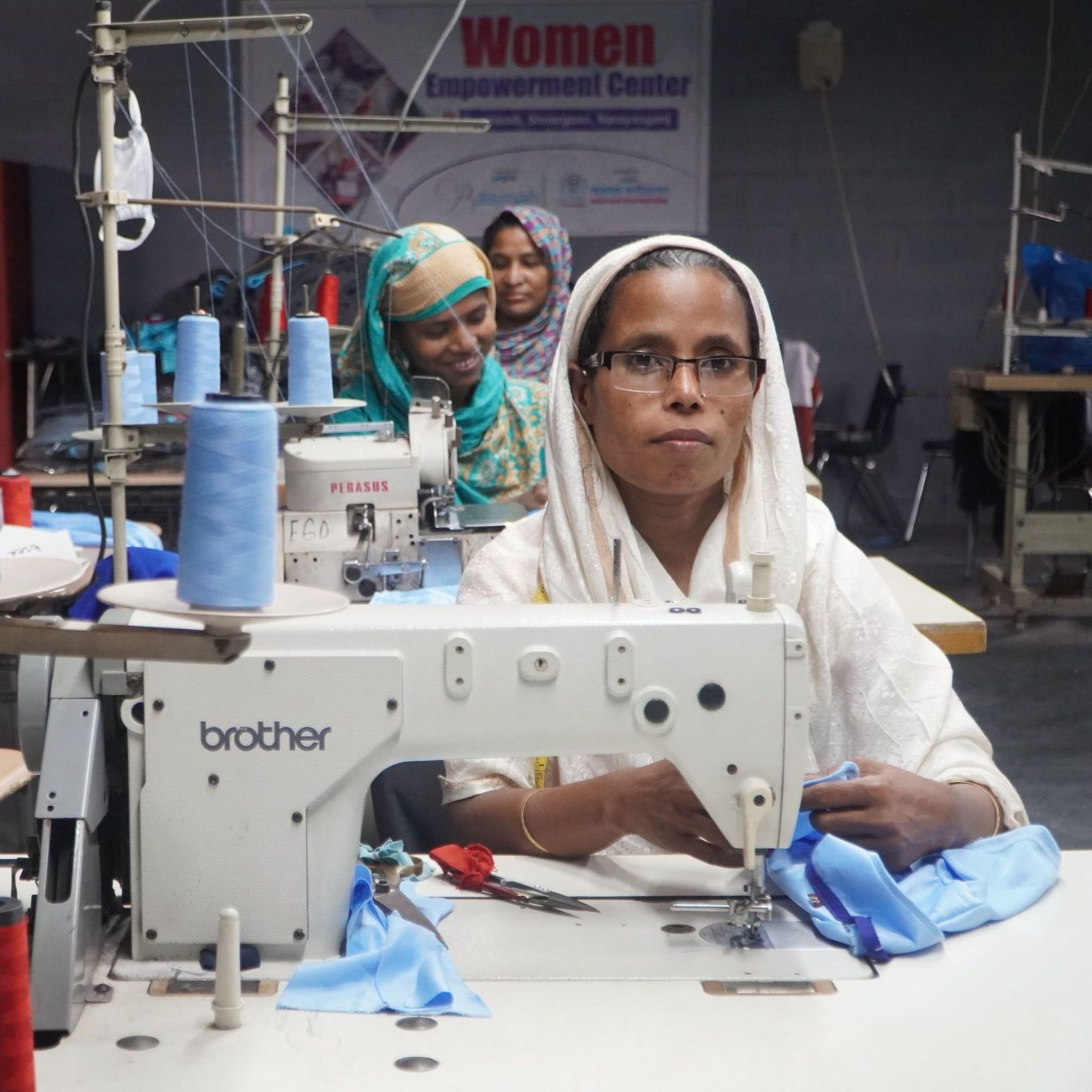
GIVE LIVELIHOOD
$250
Your Zakat begins a business for a family to support themselves with stable income.
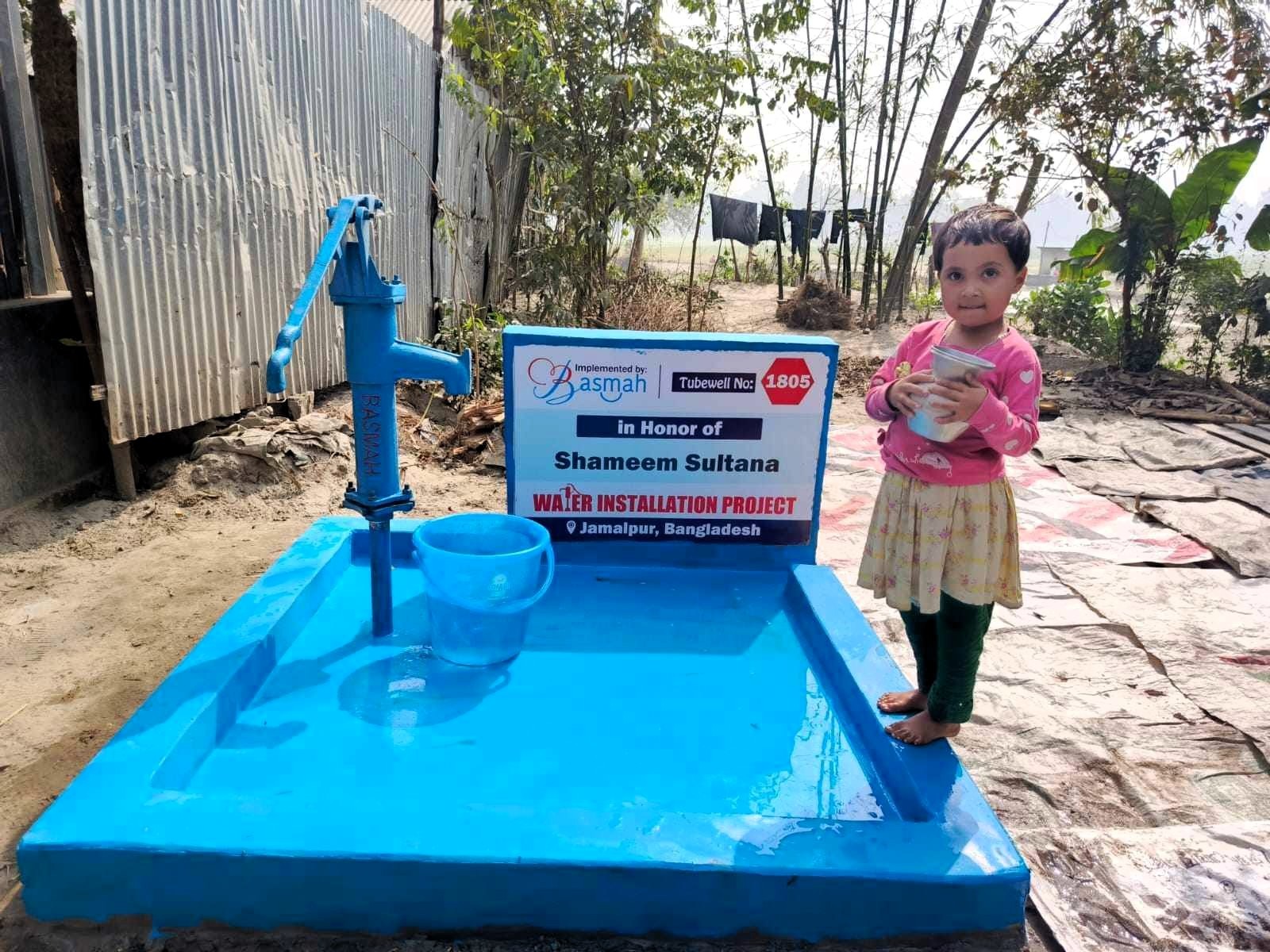
INSTALL WATER WELL
$250
Your Zakat Will Provide Clean Water Access To Thousands Of People.
Other Religious Giving
FITRANA / ZAKAT AL-FITR
per Family Member $12
Fitrana is due on every member of a household, including any children or elderly persons before eid prayer.
FIDYAH
One missed fast Fidya $5
For fasts missed through ill health or pregnancy, which cannot be made up afterwards for legitimate reasons, give Fidyah.
KAFFARAH
30 Meals for $50
If fasts are broken without allowable reasons, and the compensatory two months of fasting is not possible, then give Kaffarah.
Zakat or Sadaqah for the Needy
Your Zakat can change lives. Utilize your Zakat money to help remove the suffering of hundreds of thousands of underprivileged people in Bangladesh, who do not have enough food, clothes, and other essentials required to live a normal life.
Give your Zakat to help the Rohingya Refugees. They are one of the most deserving people as they have no, land, no country, no identity, and no place to go back. Your Zakat can be the source for the basic needs of food,
Medicine, and clothes of the Rohingya refugees, who are currently living in overcrowded, filthy conditions.
You can also donate your Zakat to the orphans and the helpless children to ensure them a future full of opportunities and love.
Your Zakat donation has incredible power, Give Zakat to BASMAH to save lives & serve humanity.
The Prophet PBUH said: “Give charity without delay, for it stands in the way of calamity.” – Al-Tirmidhi
Calculate Zakat
How We Spend Your Zakat Donations
Our funds enable us to distribute food and water to vulnerable communities during emergencies.
We consciously invest in sustainable health and education initiatives, securing positive outcomes for communities long term.
We empower future generations through creating access to education and livelihoods to communities.
- Zakat Eligible
Food for Hungry
Bangladesh where economic inequality, extreme poverty, and food insecurity are rampant. With a population of 164 million and recurrent natural disasters, many people, including children and the homeless, struggle to afford a proper meal.
- Zakat Eligible
Orphans & Helpless Children
Our
Orphans & Helpless Children sponsorship program provides these children with all the essentials they need to lead fulfilling lives and have prosperous futures.
- Zakat Eligible
Clean Water
Water is essential for life. Donate to Basmah's water wells in Bangladesh—$250 for a standard well or $2,500 for a community well. Change lives, earn endless rewards.
Zakat Guideline
Zakat is one of the five pillars of Islam. It requires a Muslim to pay 2.5% of their wealth once he or she reaches the minimum amount of wealth within a year.
Islam obliges its followers who have the financial means, to pay a yearly, compulsory payment for those who are deserving of this charity. This levy notably does not come as a burden to its payers. The Prophet, on him be peace, as a part of Revelation specified the kinds of wealth out of which Zakat payments come directly due, their minimum amounts, and their rates of one-time-yearly payment.
Islam not only considers Zakat as a simple good deed, though Allah immeasurably rewards it, but as an essential sacred rite – on par with the Pillar of worship with which Allah in the Quran most often pairs it; the five-times daily Salah-Prayer, which notably defines Muslim devotion and punctuates the believer’s day.
Individual Muslims are required by faith to learn Zakat’s rules and fulfil them correctly. This means assessing Zakat accurately on one’s various wealth streams and carrying out its proper distribution at its due times to its specified beneficiaries.
Zakat has three main conditions set by the Prophet, on him be peace, as part of Revelation:
NISAB (threshold at which zakat becomes due). This marks the minimum quantity of a particular material good or wealth type a person owns – becoming “wealthy” in it by measures Islam sets – from which one must pay Zakat. ‘Nisab’ in Arabic literally means ‘origin,’ because the right of the poor in one’s wealth-kind begins at this point of its accumulation. (See Nisab and Zakat Calculation in a Nutshell and What Is Nisab in Islam?)
PAYMENT RATE. Each type of eligible wealth has a Zakat percentage. A 2.5% rate is assessed on all surplus personal and business wealth. Agricultural produce has a 5% or 10% Zakat rate, depending on natural watering or irrigation of crops. Livestock is gauged at itemized in-kind rates. Treasure troves (hidden windfalls and extraction of natural resources) one pays at 20%. (See How Is Zakat Calculated on Weatlh?)
YEARLY PAYMENT (Hawl). Each type of eligible wealth has a due date of payment. Surplus, personal and business wealth and livestock come due exactly one lunar Islamic year (hawl) after its initial nisab is reached or upon their established Zakat Due Date (ZDD). The Zakat of agricultural produce and treasure troves (hidden windfalls and extraction of natural resources) come due at time of harvest – and this is also the analogous ruling applied by many modern scholars for high wage and salary earners, to pay Zakat on its nisab-level increments upon receipt.
While a Muslim must pay due Zakat to remain in the fold of Islam, its payment provides its givers with both worldly and spiritual blessings.
It is a means of “purifying” the believer’s soul from sin and training it out of its inclination to greed. As a sanctified worldly financial transaction, it cleanses one’s wealth from its inherent material taint, keeping it, as it were, “sweet.” Zakat left mingled with one’s wealth, the Prophet, on him be peace, warns us, causes it to spoil and physically diminish. For Allah has made the temporal property He truly owns but gives us, in its reality, a spiritual commodity.
Zakat directly alleviates the poor and needy of worldly hardship, improving their life conditions while upholding their human dignity.
That is why Allah has established Zakat — not as a voluntary charity given to whomever at the discretion and goodwill of one’s wealthier fellows — but as the due right of His divinely designated recipients. Allah is the broker of the wealth He has invested with us. Zakat is the dividend of its surplus owed annually to His select beneficiaries at set due dates in specified amounts when His investments reach stipulated benchmarks.
Zakat is not intended to serve as a stopgap measure of short-term or one-time relief. It is meant to institutionalize and anchor a communal enterprise that systematically eliminates poverty and servitude on earth.
Zakat functions as the primary socio-financial institution of the global Muslim community. It aims at annually recalibrating the just human balance in society, fostering harmony between relatives and neighbours, and strengthening shared unity and equitable social cohesion.
Zakat also gives a divinely deliberate incentive for the Muslim well-to-do to invest and not hoard their wealth, as hoarding is the major direct cause of poverty in humanity and wealth circulation through reinvestment spending raises all boats in the economic sea.
Yes. All interest-bearing transactions (called ‘riba’ in the Quran) are the forbidden opposite of the obligatory Zakat-alms transaction. (See What Is Riba and Why Is It Forbidden in Islam? and What Types of Riba Are There?)
Allah specifically contrasts the divine losses that accrue to those who give riba (interest-bearing) loans to “gain” from people with the much-multiplied blessing He gives to those who pay the obligatory Zakat to the poor and needful for His sake alone.
Yet beware, for whatever you give others in interest – to gain increase from the wealth of people – shall never increase with Allah! But blessed is whatever you give of the Zakat-Charity – desiring only the Face of God. For it is such as these who shall have a much-multiplied reward.” (Surat Al-Rum, 30:39)
Your Zakat can change lives. Utilize your Zakat money to help remove the suffering of hundreds of thousands of underprivileged people in Bangladesh, who do not have enough food, clothes, and other essentials required to live a normal life.
BASMAH provides direct assistance to Rohingya refugees in Bangladesh. Five orphanages in Bangladesh were made possible by its running Zakat. Of them, one is located outside the Rohingya camp and the other four are located inside the camp. Within the Rohingya camps, we also run a medical clinic with zakat capabilities.
Give your Zakat to help the Rohingya Refugees. They are one of the most deserving people as they have no land, no country, no identity, and no place to go back. Your Zakat can be the source for the basic needs of food, medicine, and clothes of the Rohingya refugees, who are currently living in overcrowded, filthy conditions.
You can also donate your Zakat to orphans and helpless children to ensure a future full of opportunities and love.
Your Zakat donation has incredible power, Give Zakat to BASMAH to save lives & serve humanity.
The Prophet PBUH said: “Give charity without delay, for it stands in the way of calamity.” – Al-Tirmidhi
Photo Gallery
What is Zakat?
“And establish prayer and give Zakat, and whatever good you put forward for yourselves – you will find it with Allah.” (2:110)
Zakat is a foundational pillar of Islam and it has the potential to alleviate the suffering of millions of men, women, and children around the world.
Every person who is sane, an adult (reached puberty), Muslim, and owns wealth above the nisab must pay 2.5% of that wealth as Zakat as their duty.
Zakat itself is a compulsory act of worship stipulated by Allah (SWT). It isn’t a tax or a charity, but instead, it is intended to purify our wealth, physically and spiritually.
Giving your Zakat through Basmah, not only allows you to fulfil your Islamic obligation, but it also means you support our vital work in tackling poverty worldwide.
What is the Nisab?
“And establish prayer and give Zakat, and whatever good you put forward for yourselves – you will find it with Allah.” (2:110)
The nisab is the minimum value of wealth one must possess in order to pay Zakat. It is defined as the value of 87.5g of pure gold or 625g of silver.
Most scholars favour the lower value as it means that more people can pay Zakat and therefore there are more beneficiaries.
Who Can Receive My Zakat?
Zakat cannot be paid to everyone. There are eight specific categories of people to whom zakat can be given: “The alms are only for the Fuqara’ (the poor), and Al-Masakin (the needy) and those employed to collect (the funds) and to attract the hearts of those who have been inclined (towards Islam) and to free the captives; and for those in debt; and for Allah’s Cause, and for the wayfarer (a traveller who is cut off from everything); a duty imposed by Allah. And Allah is All-Knower, All-Wise.” [Al-Quran 9:60]”

